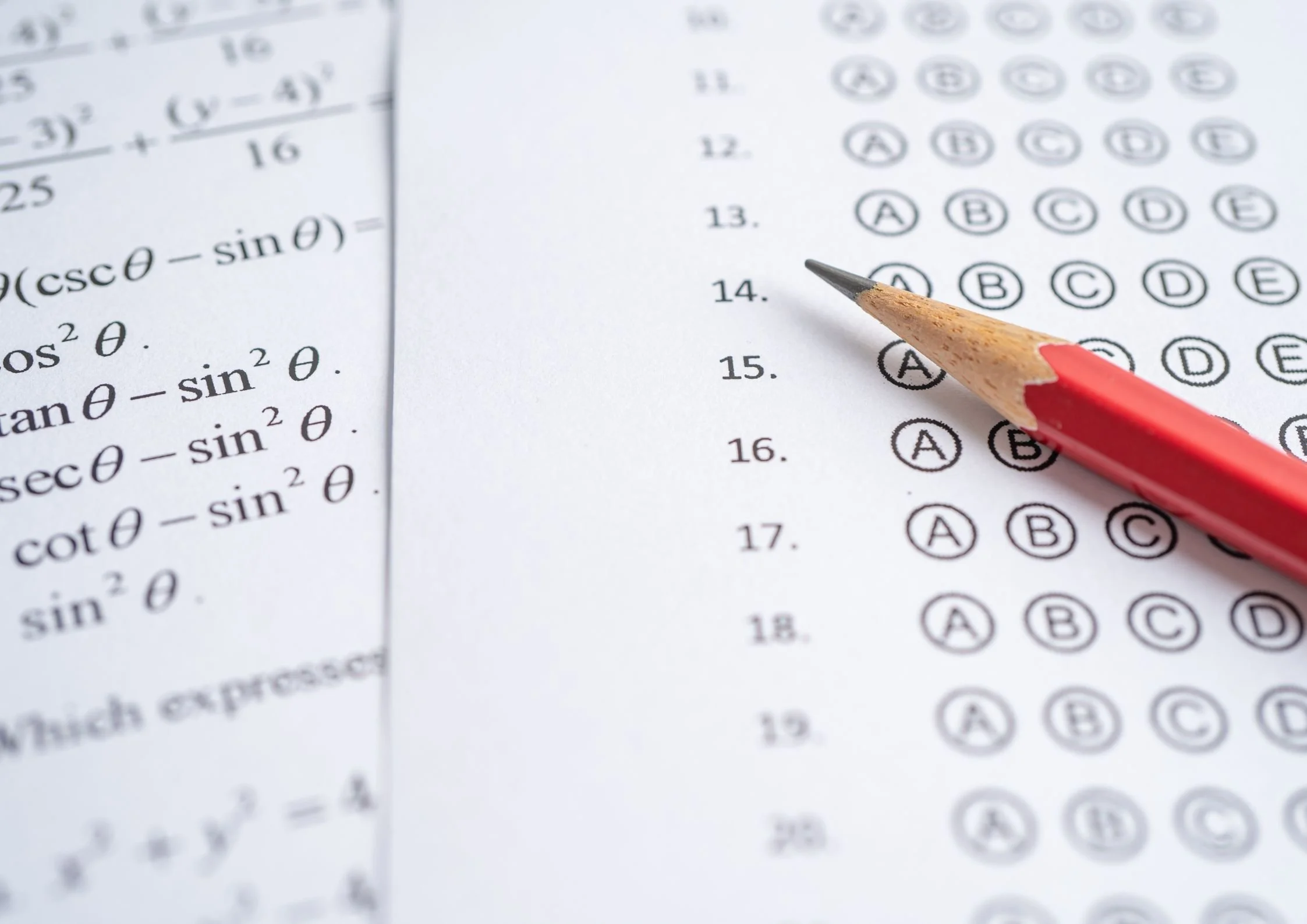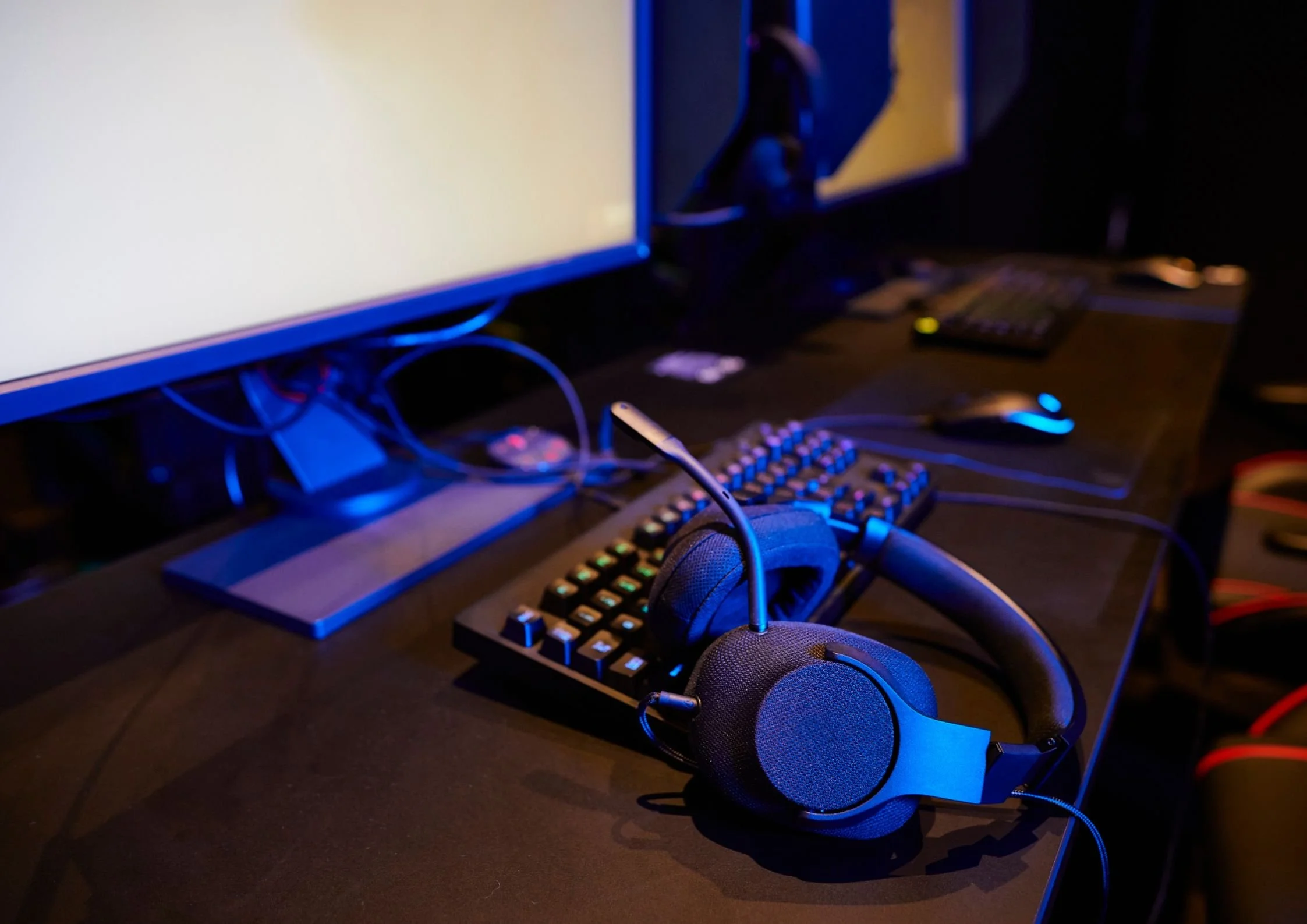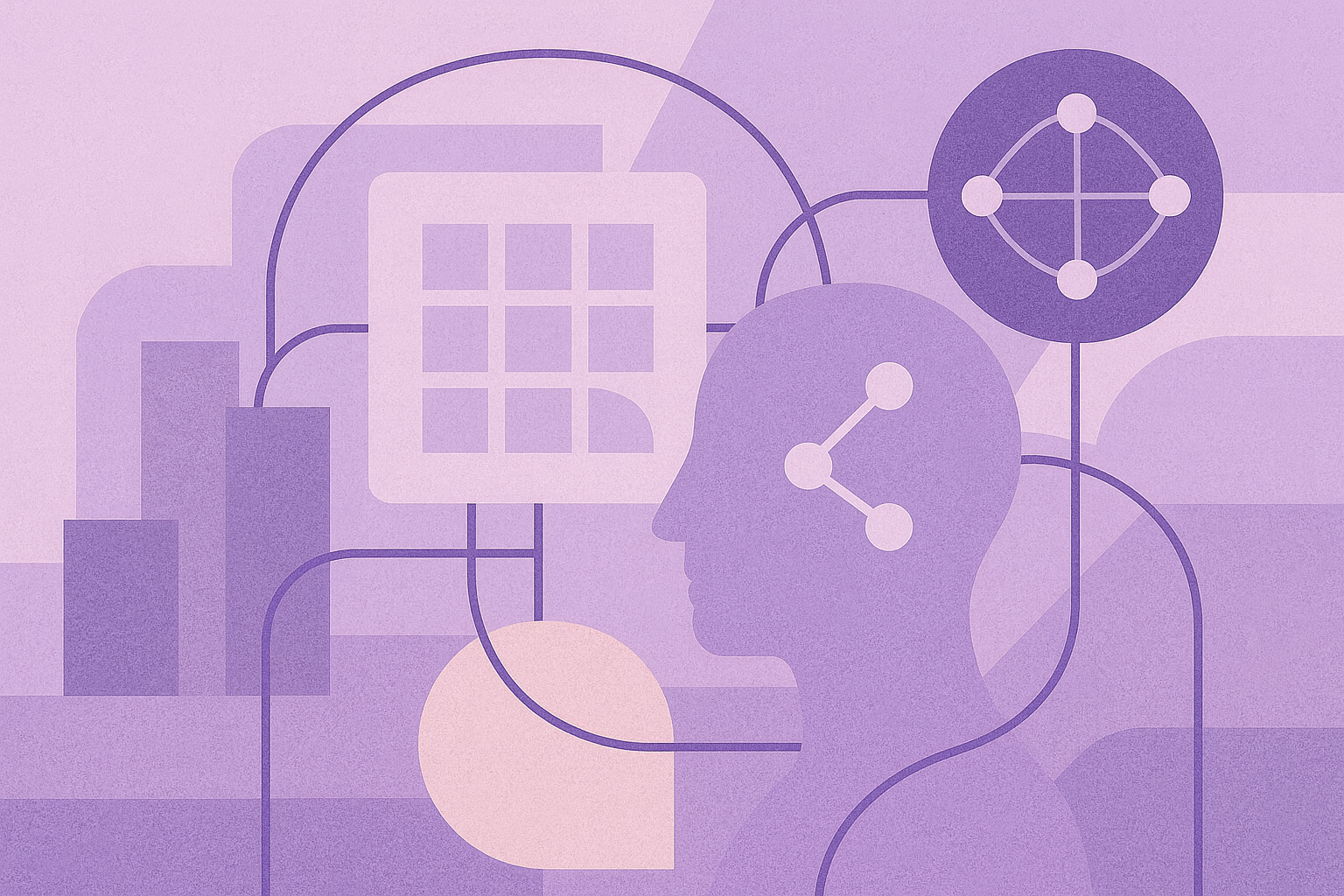Survey reveals high stress among parents and neurodivergent children ahead of back-to-school season
Understood.org, a nonprofit organisation dedicated to supporting individuals with learning and thinking differences (LTDs), has released the findings of its "2024 Back-to-School Survey."
Conducted online by The Harris Poll, the survey sheds light on the anxiety parents face as the new school year approaches, particularly those with neurodivergent children, such as those with ADHD and dyslexia.
According to the survey, nearly nine in ten parents with school-aged children (89%) report feeling stressed about the back-to-school season. This figure rises to 96% among parents of neurodivergent children, highlighting the heightened concerns faced by these families. The survey also found that a significant portion of parents believe that neurodivergent students are often misunderstood by their peers (82%) and teachers (76%).
Dr. Andrew Kahn, associate director of behaviour change and expertise at Understood.org, noted the growing awareness and identification of neurodivergent individuals, partly driven by social media platforms like TikTok and Instagram.
"More and more kids and adults are being evaluated and identified as neurodivergent, which is a good thing," Kahn said. "Social media platforms have amplified the voices of neurodivergent individuals and their advocates, fostering greater understanding and support."
While the survey indicates a broader acceptance of neurodivergence, it also reveals that 81% of parents agree not all parents are enthusiastic about sending their children back to school—a sentiment shared by both parents with (82%) and without (80%) neurodivergent children. Furthermore, parents of neurodivergent children are more likely to feel stressed (36% vs. 19%), overwhelmed (33% vs. 17%), unprepared (29% vs. 14%), and scared (14% vs. 4%) compared to other parents.
"Back to School continues to be one of the most stressful times of the year. However, we know that when children have the right support in school, there is a positive ripple effect that extends from childhood into adulthood. Our goal is to equip parents with resources and confidence to start the school year strong and help their child thrive," added Kahn.
The research was conducted online within the United States by The Harris Poll on behalf of Understood.org between July 25-29, 2024. The survey included 2,073 U.S. adults aged 18 and older, of whom 656 were parents of children under 18, and 336 were parents of children with any learning or thinking differences (LTDs). The data has a sampling precision measured by a Bayesian credible interval, with the full sample data being accurate to within +/- 2.5 percentage points at a 95% confidence level.





















